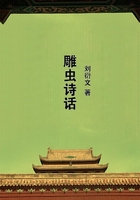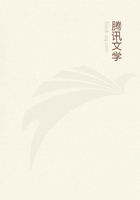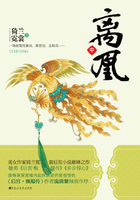As to territorial taxes and their development, so little of the material for the history of taxation in the several states has been worked through, up to the present, that a clear and complete survey is still hardly possible.(29*) Nevertheless, this much is already clear that the construction of municipal systems of taxation, which belongs to the period from the thirteenth to the fifteenth century, was followed by a period wherein territorial systems were constructed; that the protracted struggles by which a system of direct and indirect territorial taxes was created belong chiefly to the period from the fifteenth to the seventeenth century; that these new systems in part abolished, in part profoundly modified, the old municipal systems; and, finally, that they created links and bonds of union between town and country, between circle and circle, and between the various districts of the same state, such as fundamentally affected economic life. To begin with, it could not fail to exert a very great influence, that the Estates met together in periodical assemblies, that they became accustomed, in granting the taxes, to look upon the country and its well-being as a whole, and to distribute, alter, or create taxes with that in their minds. The same must be said of the inspection of the whole land by commissioners of the Estates, for the purpose of preparing an assessment which should deal with property everywhere on common principles. And, finally, it is significant that in the great struggle for freedom of taxation, regard was paid to all other contributions by the privileged classes, in person or in purse, to the needs of the country. In no other field of political life was the principle so often invoked that the subjects were to regard themselves as membra unius Capitis, as in relation to taxation and to the other contributions demanded from subjects in natura.
In the towns the development would seem to have followed some such course as this: that the thirteenth century was mainly marked by the devising of the direct property tax; that thereupon in the beginning of the fourteenth century Umgelder and other indirect taxes came to the front; once more to be rivalled, during the course of the fourteenth century, by the increased prominence of the property tax. Much the same, I cannot help thinking, must have been the line of territorial development. To the fourteenth and fifteenth centuries belongs the struggle for the definite establishment of the Landbeden, the Landschosse, and other property taxes, based on yardlands (Hufen), number of cattle, houselots, and property valuation. These were constantly being tried in a rough-and-ready way in imitation of the older town taxes, without any great result. Fixed and regular contributions, paid annually but of very small amount, appear side by side with heavier subsidies granted every two or three years or so, for some particular time of stress or war.
To the century, next, from 1470 to 1570, belongs the attempt (for which there is evidence everywhere) to create a system of indirect taxes for the territory; and this necessarily led to a conflict with the indirect taxes of the towns and the trade policy based upon it. The prince's monopoly of salt, involving as it did a shutting-up of the country against the outside world, together with the beer tax, the excise on wine, and the various tolls occupied the foreground. Of the changes in the system of tolls, particularly in Brandenburg, I have given an account in another place, and I have tried to shew how the older system, which had become municipal and feudal, gave way entirely before the new territorial system during the period from 1470 to 1600.(30*) This latter did, indeed, become more and more purely fiscal in its character, especially in the gloomy years 1600-1640; yet it continued in some measure to be affected by economic considerations. Of equal importance for Brandenburg was the introduction of the beer tax, which from 1549 constituted the centre round which revolved the whole administration by the Estates of the territorial debt. The application in all places of the same rules in levying it, tended to bring about everywhere a uniform organisation of the business, - then among the most flourishing and important of town industries. As there was a large sale of Brandenburg beer in foreign parts, the heavy taxation imposed upon it rendered a gentle treatment necessary of the exporting towns on the frontier: as early as the years 1580-1620 there was some serious discussion as to the consequences of the beer tax here and in neighbouring states, and, indeed, of the effect of such territorial taxes in general upon commercial and industrial prosperity. The administration of the beer tax fund (Biergeldkasse) by the Estates grew into a credit system enclosing the whole land, and especially the funds of the several towns, within its network. Whoever happened to have any idle cash brought it to the district authorities, who used it to meet the never-ending deficit; thousands and thousands of gulden were every year withdrawn and paid in again. The debt office acted as a bank for the whole country, just as the town-chest had been for the town in earlier times. The men of means throughout the land were so closely associated with this central institution, that the insufficiency of its income prepared the way for a frightful bankruptcy.(31*)With the financial and economic crisis of the Thirty Years'

